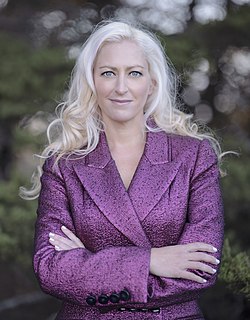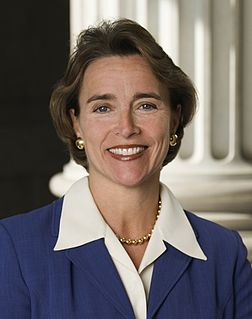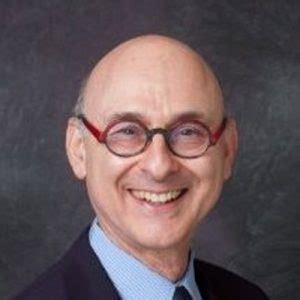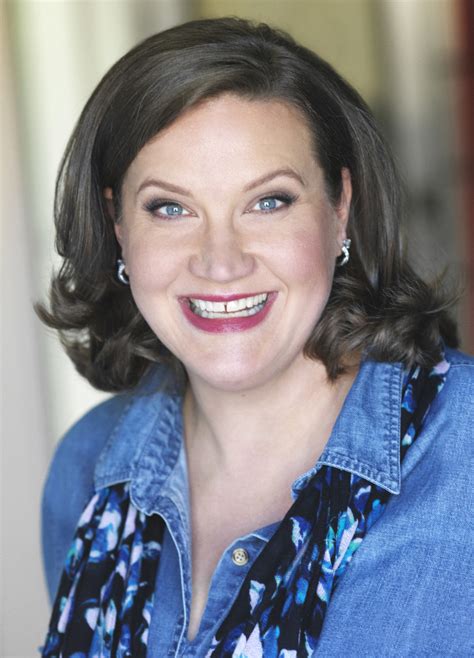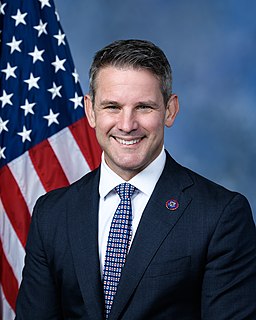A Quote by Jane McGonigal
It's a bit counter-intuitive to think about the future in terms of the past. But...I've learned an important trick: to develop foresight, you need to practice hindsight. Technologies, cultures, and climates may change, but our basic human needs and desires - to survive, to care for our families, and to lead happy, purposeful lives - remain the same.' p 5
Quote Topics
About
Basic
Basic Human Needs
Bit
Care
Change
Counter
Cultures
Desires
Develop
Families
Foresight
Future
Happy
Hindsight
Human
Human Needs
I've Learned
Important
Intuitive
Lead
Learned
Lives
Man Needs
May
Need
Needs
Our
Past
Practice
Purposeful
Remain
Same
Survive
Technologies
Terms
Think
To Survive
Trick
Related Quotes
However capable and skillful an individual may be, left alone, he or she will not survive. When we are sick or very young or very old, we must depend on the support of others. There is no significant division between us and other people, because our basic natures are the same. If we wish to ensure everyone's peace and happiness, we need to cultivate a healthy respect for the diversity of our peoples and cultures, founded on an understanding of this fundamental sameness of all human beings.
I think basic disease care access and basic access to health care is a human right. If we need a constitutional amendment to put it in the Bill of Rights, then that's what we ought to do. Nobody with a conscience would leave the victim of a shark attack to bleed while we figure out whether or not they could pay for care. That tells us that at some level, health care access is a basic human right. Our system should be aligned so that our policies match our morality. Then within that system where everybody has access, we need to incentivize prevention, both for the patient and the provider.
We human beings have enormous difficulty in focusing on the present; we always thinking about what we did, about how we could have done it better.... or else we think about the future, about what we're going to do.... But at this precise moment, you also realize that you can change your future by bringing the past into the present. Past and future only exist in our mind. The present moment, though, is outside of time, it's Eternity.... It isn't what you did in the past the will affect the present. It's what you do in the present that will redeem the past and thereby change the future.
The practice of altruism is the authentic way to live as a human being, and it is not just for religious people. As human beings, our purpose is to live meaningful lives, to develop a warm heart. There is meaning in being everyone's friend. The real source of peace amongst our families, friends and neighbours is love and compassion.
Russia is a competitor. They're a strong nation, something we need to recognize, but their economy is just a little bit bigger than Illinois, so they're not our equal. I think its important to engage them. And I think it's important that we continue to fight for human rights, which is essential to denying the next generation of terrorists their recruits and this is a long-term fight we're in when it comes to the war on terror. And I think the Russians are exacerbating this by making people displaced and killing families and that's how you lead to radicalization.
Buddha says: Life should be simple, not complex. Life should be based on needs, not on desires. Needs are perfectly okay: you need food, you need clothes, you need a shelter, you need love, you need relationship. Perfectly good, nothing wrong in it. Needs can be fulfilled; desires are basically unfulfillable. Desires create complexity. They create complexity because they can never be fulfilled. You go on and on working hard for them, and they remain unfulfilled, and you remain empty.
